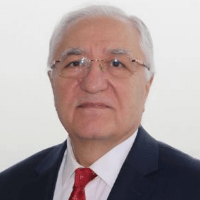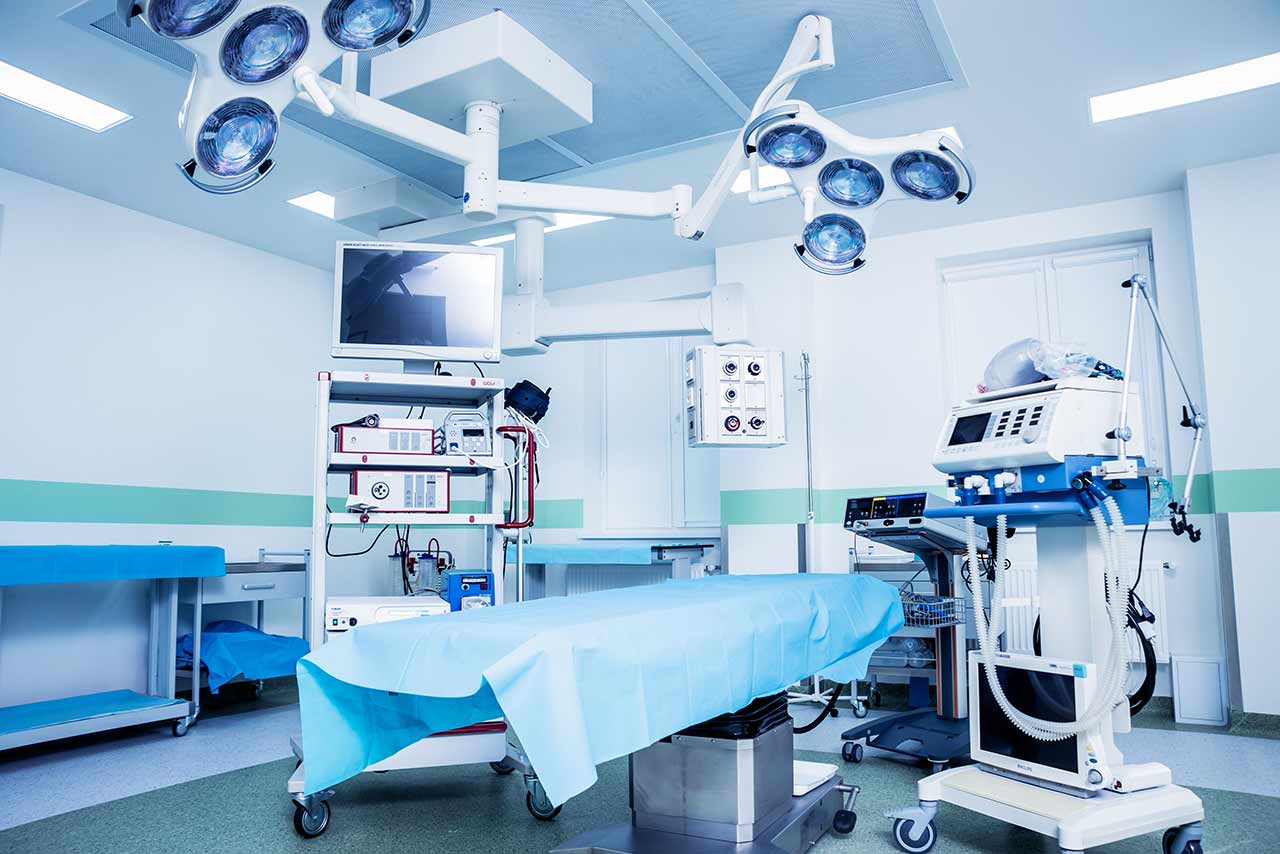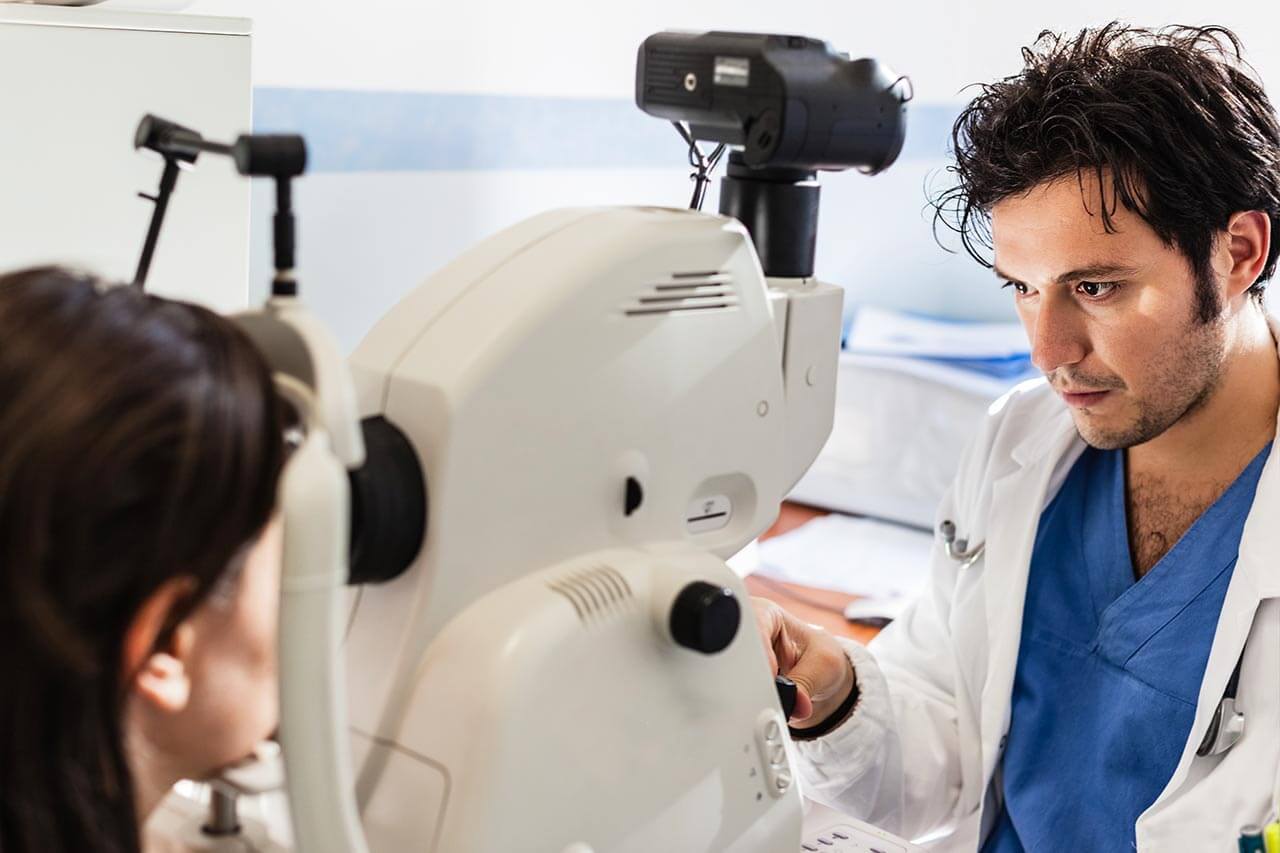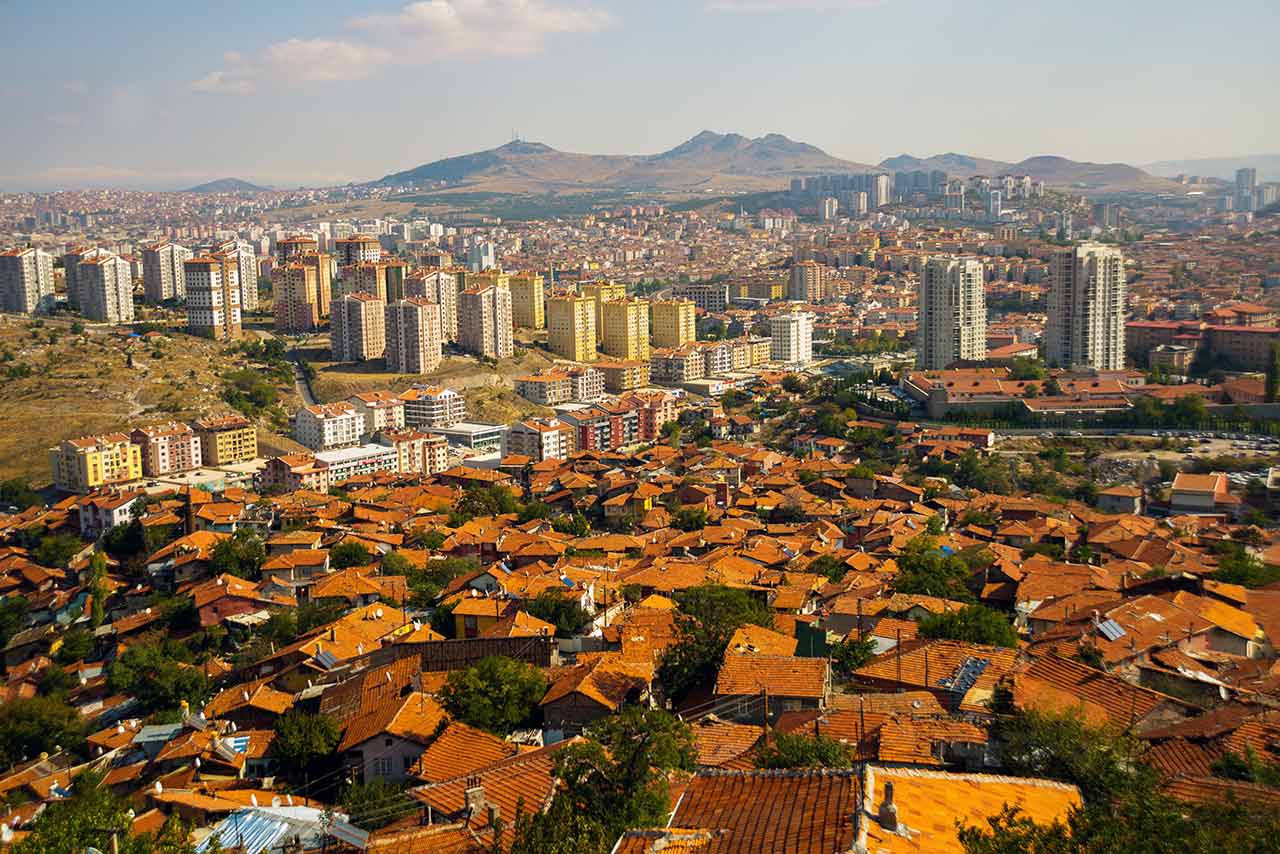
The program includes:
- Initial presentation in the clinic
- clinical history taking
- review of medical records
- physical examination
- laboratory tests:
- complete blood count
- biochemical analysis of blood
- thyroid function test (TSH-basal, fT3, fT4)
- mineral metabolism analysis (Na, K, Ca, Mg)
- lipid metabolism (HDL/LDL, cholesterol, triglycerides,
Lip(a), homocysteine) - iron content (ferritin, iron)
- blood coagulation analysis (aPTT, PT, INR)
- metabolic status (uric acid, total glucose, HbA1c)
- inflammatory parameters (CRP, ESR)
- cardiovascular disease risk markers
- lung function test (Spirometry)
- resting and exercise ECG
- vessel elasticity measurement
- Holter monitoring (24h)
- body fat and water examination
- color doppler echocardiography
- transesophageal echocardiography (tee)
- color doppler sonography of cerebral vessels
- closed ablation under 3-d mapping
- symptomatic treatment
- control examinations
- the cost of essential medicines and materials
- nursing services
- full hospital accommodation
- explanation of future recommendations
Required documents
- Medical records
- ECG (if available)
Service
You may also book:
 BookingHealth Price from:
BookingHealth Price from:
About the department
The Department of Adult and Pediatric Diagnostic, Interventional Cardiology at the Memorial Ankara Hospital provides high-quality diagnostics and treatment of cardiovascular diseases in patients of all age groups – from newborns to the elderly. The department's competent cardiologists use effective pharmacotherapy regimens in their clinical practice, as well as perform various interventional procedures, which allow the patient to normalize heart function and eliminate the need for more invasive cardiac surgery. The patients with acute coronary syndrome receive around-the-clock care in a specially equipped Chest Pain Unit. The department also includes a specialized center for the diagnostics of cardiovascular diseases of the fetus in the womb. The department's specialists keep pace with the times and apply in their clinical practice many innovations, which are available only in the best Heart Centers in the world. For example, the department successfully practices the very latest technique of enhanced external counterpulsation (EECP), which is a non-surgical treatment procedure for coronary heart disease and heart failure. The department is headed by Prof. Dr. med. Ali Oto.
When admitted to the department, each patient has to undergo the required complex of diagnostic tests, depending on the results of the clinical examination, complaints and medical history. The attending physician assesses the state of the cardiovascular system with the help of these diagnostic tests and elaborates the most effective and sparing treatment regimen. The department's medical team works with the advanced diagnostic equipment for electrocardiography, echocardiography, Doppler ultrasonography of the blood vessels, 24-hour Holter ECG monitoring, bicycle ergometer test and treadmill test, 24-hour blood pressure monitoring, tilt table test and other examinations. If the patient has to undergo myocardial perfusion scintigraphy, the specialists in the field of nuclear medicine are involved in the diagnostic process. Cardiac CT and MRI scanning is performed in cooperation with the specialists from the Department of Radiology. In addition, the department's cardiologists quite often resort to coronary angiography – an invasive examination of the coronary arteries by injecting a contrast agent into them through special catheters.
The department's medical team has a variety of modern treatments at its disposal, including the implantation of pacemakers and defibrillators, as well as radiofrequency catheter ablation for the treatment of cardiac arrhythmias, the innovative TAVI technique for the treatment of aortic valve stenosis, balloon mitral valvuloplasty for the treatment of mitral valve stenosis, the MitraClip technique for the treatment of mitral insufficiency, balloon valvuloplasty for pulmonary valve stenosis and other techniques. A unique offer of the department is the enhanced external counterpulsation (EECP), which is an effective non-surgical treatment for coronary heart disease and heart failure. The introduction of this procedure was a breakthrough in cardiology, since the treatment of coronary heart disease was earlier carried out only with the help of bypass surgery and angioplasty. The main advantage of EECP technique is the absence of interventional manipulations and side reactions. The therapeutic effect is achieved by compressing the legs, thighs and buttocks using special cuffs, which are successively inflated with high pressure air, thereby creating a wave of blood pressure in the arteries. As a result, the patient's pressure in the aortic orifice increases and blood flow through the coronary vessels improves, which contributes to the normalization of the heart muscle functioning. The EECP technique was introduced into clinical practice in 1995 and nowadays it is an excellent alternative to the surgical treatment of coronary heart disease and heart failure.
The key focuses of the department's work include:
- Diagnostic options
- Electrocardiography
- Echocardiography (ultrasound scanning of the heart)
- Treadmill exercise stress echocardiography
- Transesophageal echocardiography
- Holter monitoring
- Tilt table test
- Cardiac catheterization
- Coronary angiography
- Myocardial perfusion scintigraphy
- Cardiac CT (in collaboration with the Department of Radiology)
- Cardiac MRI (in collaboration with the Department of Radiology)
- Therapeutic options
- Implantation of pacemakers and defibrillators for the treatment of cardiac arrhythmias
- Radiofrequency catheter ablation for the treatment of cardiac arrhythmias
- Transcatheter aortic valve implantation (TAVI) for the treatment of aortic valve stenosis
- Balloon mitral valvuloplasty for the treatment of mitral valve stenosis
- MitraClip for the treatment of mitral insufficiency
- Percutaneous transluminal coronary angioplasty (PTCA) for the treatment of coronary artery stenosis caused by atherosclerosis
- Balloon valvuloplasty for the treatment of pulmonary valve stenosis
- Enhanced external counterpulsation (EECP) for the treatment of coronary artery disease and heart failure
- Interventional procedures for the correction of atrial septal defect, ventricular septal defect and patent foramen ovale
- Interventional treatment of coronary arteriovenous fistula
- Renal denervation in the case of resistant hypertension
- Other diagnostics and treatment methods for cardiac diseases
Curriculum vitae
Professional Career
- Since 2014 Chief Physician of the Department of Adult and Pediatric Diagnostic, Interventional Cardiology at the Memorial Ankara Hospital, Ankara, Turkey.
- 2010 - 2011 Head of the Department of Cardiology, Faculty of Medicine, Hacettepe University, Ankara, Turkey.
- 1993 Vice-Rector, Inonu University, Malatya, Turkey.
- 1991 - 1993 Dean of the Faculty of Medicine, Inonu University, as well as Head of the Medical Center at this university, Malatya, Turkey.
- 1990 - 2014 Professor in the Department of Cardiology, Faculty of Medicine, Hacettepe University, Ankara, Turkey.
- 1984 - 1990 Assistant Professor in the Department of Cardiology, Faculty of Medicine, Hacettepe University, Ankara, Turkey.
- 1981 - 1983 Internist, Military Hospital in Ankara, Turkey.
- 1980 - 1981 Lecturer in the Department of Internal Medicine, Faculty of Medicine, Hacettepe University, Ankara, Turkey.
Higher Education and Postgraduate Training
- 1985 Board сertification in Cardiology, Faculty of Medicine, Hacettepe University, Ankara, Turkey.
- 1984 Assistant Professorship in Internal Medicine, Faculty of Medicine, Hacettepe University, Ankara, Turkey.
- 1983 - 1985 Specialized training in Cardiology, Faculty of Medicine, Hacettepe University, Ankara, Turkey.
- 1976 - 1980 Specialized training in Internal Medicine, Faculty of Medicine, Hacettepe University, Ankara, Turkey.
- 1970 - 1976 Study of Human Medicine, Faculty of Medicine, Hacettepe University, Ankara, Turkey.
Scientific Publications
- Author of 20 books.
- Author of over 300 scientific articles.
Memberships in Professional Societies
- Heart and Health Foundation of Turkey.
- Section of Cardiology in the European Union of Medical Specialists.
- European Society of Cardiology (ESC).
- European Heart Rhythm Association (EHRA).
- European Cardiac Arrhythmia Society (ECAS).
- World Society of Arrhythmias.
- International Society for Holter and Noninvasive Electrocardiology (ISHNE).
- Mediterranean Association of Cardiology and Cardiac Surgery (MACCS).
- Mediterranean Society of Pacing and Electrophysiology (MESPE).
- North American Society of Pacing and Electrophysiology (NASPE).
- Turkish Society of Cardiology (TKD).
- International Society of Cardiovascular Pharmacotherapy (ISCP).
- Society for Cardiothoracic Surgery (SCTS).
- World Heart Federation (WHF).
- World Artificial Organ, Immunology and Transplantation Society (WAITS).
- American College of Cardiology.
- San Marino Society of Cardiology.
- Honorary Professor, University of Belgrade, Serbia.
Photo of the doctor: (c) Memorial Ankara Hospital
About hospital
The Memorial Ankara Hospital is one of the largest private medical complexes in the capital of Turkey, where patients can undergo top-class diagnostics and treatment in all fields of modern medicine. The hospital is part of the prestigious Memorial Healthcare Group. The doors of the medical facility were first opened in 2014, and since then its employees have been doing their best to maintain the credibility of the hospital both throughout the country and far beyond its borders. For exceptional medical service, the hospital was awarded the Joint Commission International (JCI) certificate, which is given only to the best medical centers around the world.
The hospital is located in a modern building with an area of 42,000 square meters. The medical facility has 230 beds for the accommodation of patients. It includes 63 specialized departments – each of them specializes in a particular medical field. The key focuses are ophthalmology, plastic surgery, cardiology, cardiac surgery, orthopedics and oncology.
The hospital includes 11 modern operating rooms. They use special LED lamps, which prevent thermal emission and comply with the international sterilization technologies. The hospital also has hybrid operating rooms, which are equipped for minimally invasive operations.
Special attention should be given to the medical and technical base of the medical complex. It includes state-of-the-art diagnostic devices for MRI, CT, PET-CT, as well as TrueBeam STx and Elekta Versa HD radiation therapy devices, and many other innovative systems, which guarantee the patient the most effective results and maximum comfort.
Naturally, the medical staff of the medical facility also plays a key role in the successful clinical practice. The health of the patients is in good hands of the highly qualified doctors who have comprehensive professional training, many years of experience and regularly demonstrate excellent treatment results. The responsive nursing staff provides patients with quality care. In addition, all the staff of the hospital show a friendly and respectful attitude towards the patients.
Photo: (c) depositphotos
Accommodation in hospital
Patients rooms
The patients of the Memorial Ankara Hospital live in cozy single rooms and luxury rooms. Each patient room has all the amenities for maximum comfort. The hospital also has specially equipped rooms to accommodate disabled patients. The patient rooms are equipped with all necessary furniture, TV, telephone, ensuite bathroom with shower and toilet. The patient rooms also have Wi-Fi. The rooms are designed in a pleasant light color scheme, while the large panoramic windows offer a beautiful view of the capital of Turkey.
Meals and Menus
The patient and the accompanying person are offered tasty and balanced three meals a day. If for some reason you do not eat all foods, you will be offered an individual menu. Please inform the medical staff about your food preferences prior to treatment.
Further details
Standard rooms include:
Accompanying person
During the inpatient program, the accompanying person can live with the patient in a patient room or a hotel of his choice. Our managers will help you choose the most suitable option.
Hotel
During an outpatient program, the patient can stay at the hotel of his choice. Our managers will help you choose the most suitable option.




